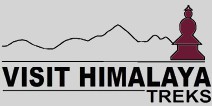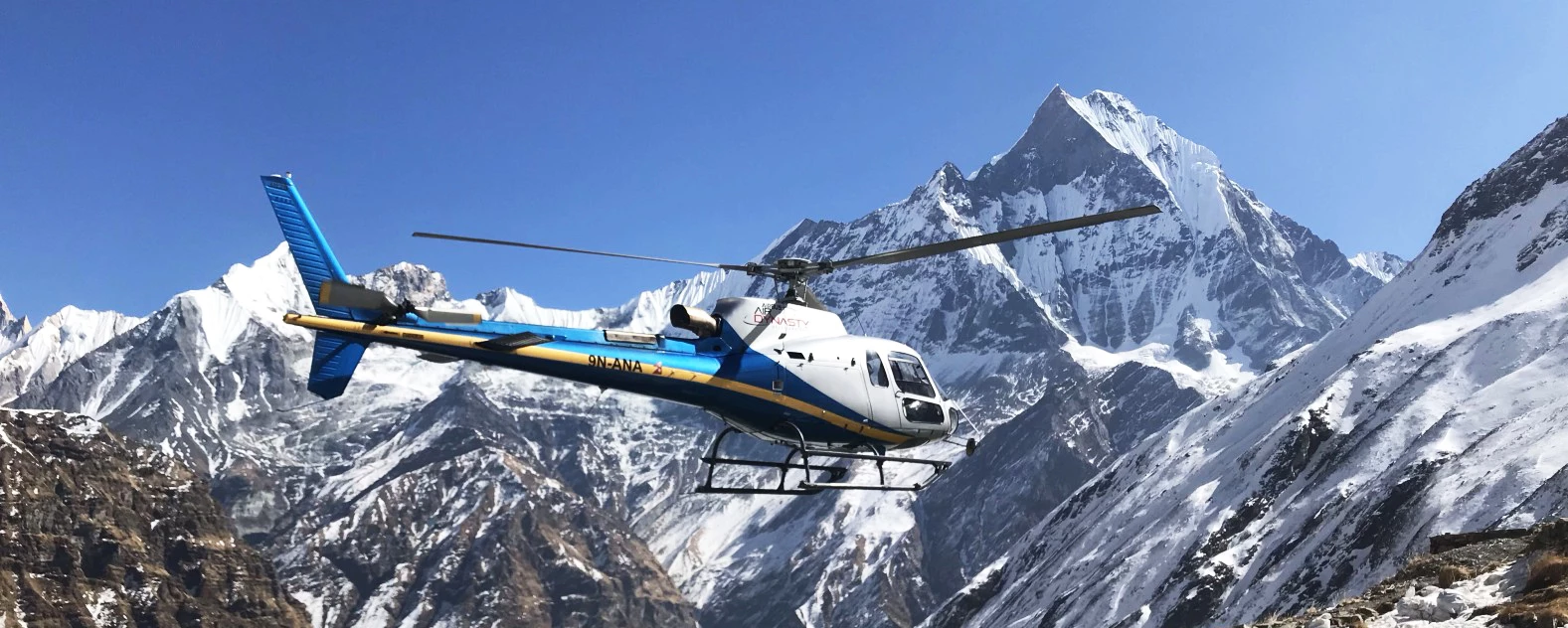Altitude Sickness Emergency & Support
Altitude sickness and safety
Acute Mountain Sickness (AMS) commonly known as altitude sickness is an effect of altitude on a human body when it fails to acclimatize after an elevation of 2400 meters. It is caused by of low pressure of oxygen at higher altitudes. The exact measure to prevent altitude sickness is yet to be found.
The early symptoms of Acute Mountain Sickness are:
Headache
Nausea
Lack of appetite
Dizziness
Short of breath (easily without any physical exertion)
There are many myths about avoiding altitude sickness or Acute Mountain Sickness (AMS). However, very few have been backed by medical science. However, taking time to gain altitude and a good and slow pace does help. Physical exhaustion, dehydration, and a quick ascent at altitudes can result in altitude sickness. The sleeping difference of only 400 meters every day and a rest day after every 1000 meters can also be helpful. The key to altitude is to go slow and safe.
The most effective cure for Acute Mountain Sickness is to DESCEND!!! Once the symptoms appear, gaining more elevation or altitude can prove to be fatal. Ascent should be stopped instantly once the symptoms are confirmed and lots of rest and fluid is a must. For more info please visit this link: http://www.altitude.org/altitude_sickness.php
Emergency and support:
Our guides are trained in basic first aid and can deal with basic ailments that may occur on the trek. In the event of an emergency Visit Himalaya treks will cover the initial expenses of any rescue operation. It is however a compulsory booking condition that you are adequately insured for such an event, as these expenses will need to be recovered from your Travel insurance company. In the more frequent regions, there are health posts, which have been established by foreign doctors and many of those are staffed by overseas personnel.
Become responsible traveler
Visiting a developing country like Nepal and trekking in the Himalayas presents a number of health and safety hazards that can be avoided with a little care and attention. It is not advisable to trek alone, do not hire staff through hotels, or “independent guides” We strongly suggest catching service through an affiliated Trekking Agent.
Please make sure you pack out all of your trash, including bottles and cans of goods consumed in restaurants. Bring the trash to the nearest truck-accessible road for the most proper disposal available. Trekkers are also asked to refrain from relying on bottled water since there is nowhere to dispose of the used bottles. Filtering or treating your water will reduce the amount of trash left behind in this fragile environment. Iodine pills are a cheap, lightweight solution. Take the time to look at the pollution and lack of trash management all around you, from the trash-clogged rivers in the cities to the mounds of discarded beer bottles in the mountain villages. This is a country struggling with its rapid Westernization and hasn’t yet figured out how to dispose of its waste. Don’t contribute to the problem any more than necessary!
Our effort for minimum environmental impact
We make sure all our trash, including bottles and cans from goods consumed, is properly managed. On camping trips, all our activities are designed to have the minimum impact on the environment. We believe in leaving only footprints behind us whenever trekking in the wilder and higher elevations. Even all the papers and materials used in our office in Kathmandu are also environmentally friendly.
We believe in responsible tourism
We strictly believe in practicing responsible tourism and all our trekking staff have been strictly following this very module. Responsible Tourism

